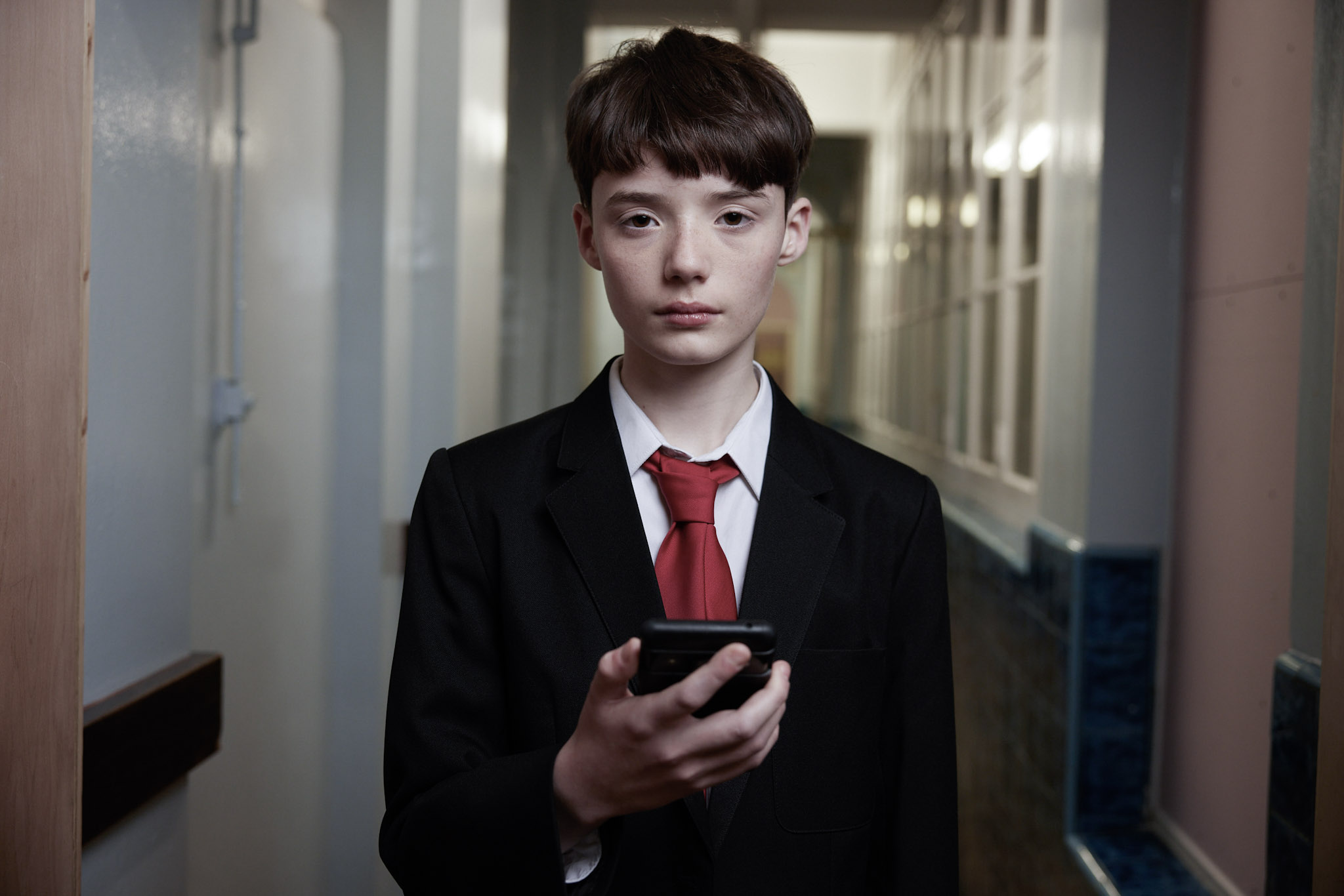Emma Roberston, co-founder of online safety charity Digital Awareness UK, advises parents about the potential risks of increasingly popular teen dating apps.
Just like adults, teens have been using social media and messaging apps to build romantic connections online for some time now.
It may be an uncomfortable reality for parents to accept, but as technology evolves to introduce increasingly innovative ways to bring people together, online teen dating has become a thing.
And off the back of this trend a number of apps, which our young people refer to as ‘teen dating apps’, are thriving.
Often positioned as ‘places to make new friends’, we’re learning that these apps have become increasingly popular among young people since the start of the pandemic. And as an online safety organisation, Digital Awareness UK is always keen to explore the benefits and challenges of trends like these.
Sharenting: How sharing too much online could put your kids in danger
Oversharing can have unintended consequences, but avoiding such grief needn’t be a family drama. Here's what you need to know.
What do us parents need to know? Well, any app that encourages you to connect with someone that you may not know in real life is of course going to be risky, but as attitudes towards online dating, even with teenagers, seems to be changing, it’s important that we are tooled up with the right information to support our children to make safe choices.
So in this article we’ll share with you some of the important things you need to know about how teens are using apps to build romantic (and sometimes not so romantic) connections online.
What are teen dating apps?
They usually have a target audience of around 13–17 years in age and encourage users to form connections or ‘make new friends’ with people they’ve often never met before.
The Office for National Statistics reported that 17% of children aged 10-15 spoke to people they had never met before online, so speaking to people they don’t know won’t necessarily be a new experience for all.
Students mention apps such as Yubo (formerly known as Yellow), which now has more than 50 million users worldwide (with numbers tripling during the first lockdown) when talking about online dating. Hoop and Wink also come up in conversation a lot.
How do they work?
Similar to well-known dating app Tinder, Yubo requires a user to create an online profile; the app then uses their location to display other users in their area. Swiping right on someone’s profile means you like them and allows you both to connect. Once connected, you can message each other or chat in ‘real time’ using live video streaming. Add-on features, known as ‘power-ups’, can be purchased with ‘YuBucks’ which enable you to boost your profile.
Apps like Hoop and Wink link to a users’ Snapchat account, and while they use the same swipe action to befriend a user, they also encourage users to invite friends on to the app to gain a ‘diamond’ currency, which allows them to chat with the people they like.
What’s the attraction?
It can feel like a tidal wave of pressure to keep up with the latest apps and trends and understand why our children get so involved in them. We know from the conversations we have that there are a number of reasons why young people may create an account on these sorts of apps. The most popular motivations seem to be curiosity, peer pressure or because they want to find genuine friendships or romantic connections.
Whatever their reasons, it’s important to have an understanding of how these sorts of apps work to enable us to have honest conversations about safe and healthy relationships.
What are the risks?
Each app has its own user safety guidelines in place, but it’s important to highlight the risks that these apps could pose to young people. Besides the obvious ‘stranger danger’ risk, sharing sensitive information about yourself online should not be undertaken lightly. Disclosing personal information such as name, date of birth or location could jeopardise a young person’s safety.
Gaming: Can you keep your kids safe?
On Safer Internet Day, we shine a light on what parents - and the gaming industry - can and should be doing to protect children, amid reports that VR worlds are increasingly drawing groomers and racists.
Yubo claims to use photo technology to assess whether the age entered is true, which is a positive safety feature, although it’s impossible to guarantee that everyone on there is who they say they are. Among other things, your teens could also be exposing themselves to online harassment, unwanted advances and sexually explicit content.
So how should we approach the subject?
Get to know the apps
While talking about online dating may feel daunting for most parents, at this stage it’s definitely better to be in the know. If you feel like you’d like to understand how these sorts of apps work, do some digging around online, and it can be helpful to visit websites like Common Sense Media, which features app reviews for parents on all of the apps we’ve mentioned above.
Set boundaries
It’s worth thinking about agreeing to some ground rules with them, too, so they understand what sorts of apps you are/aren’t happy with them using, and how you want them to conduct themselves if you are comfortable with them using them. It can be helpful to explain what your concerns and expectations are with your child when it comes to using apps – for dating or otherwise.
Keep talking
Try to create a safe space where you can both ask each other questions about subjects like online dating, free of judgement. You could start by mentioning this article and sparking a conversation about dating apps.
Try not to make it too personal and steer clear of naming specific apps. Be sure to discuss the risks of sharing their information with strangers and encourage them to speak up if something doesn’t feel right. And it’s always worth reminding them that when things go wrong – and right – in their digital lives, you’ll always be there to listen and support.
Stay up-to-date with the latest news from Vodafone by following us on Twitter and signing up for News Centre website notifications.



![Portrait of school age boy sitting at kitchen table do not want to eat[Adobe Stock] stock photo of a young boy sitting at a kitchen table, refusing to eat the food in front of him](https://www.vodafone.co.uk/newscentre/app/uploads/2024/03/Portrait-of-school-age-boy-sitting-at-kitchen-table-do-not-want-to-eatAdobe-Stock.jpg)


![mother with daughter with smartphone in snowy weather [Adobe Stock] stock photo of a mother outside in snowy weather with her daughter while using a smartphone](https://www.vodafone.co.uk/newscentre/app/uploads/2024/02/mother-with-daughter-with-smartphone-in-snowy-weather-Adobe-Stock.jpg)



